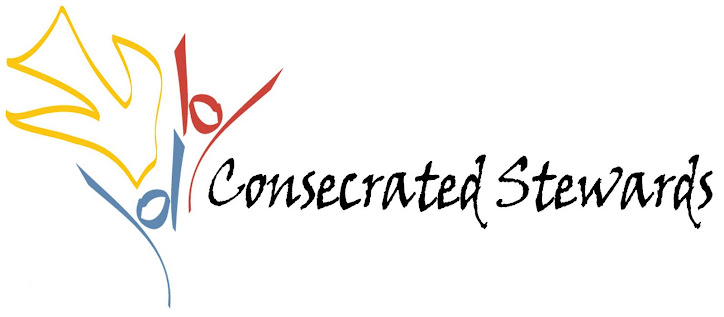
Money Speaks?
If you have enough time read Acts 20.
‘It is more blessed to give than to receive.’ Acts 20:35
The mere “coincidence” that a feeling of uncomfortableness comes up when someone talks about how we should spend our money – and especially “the church” – in many ways bears witness to the hold we seem to let finances have on our lives.
A devotion about the “need to give” just doesn’t seem to ring as spiritual or even as practical as so many other possible topics for meditation. On the contrary many of us might like to try to read through such a devotion quickly (if at all), convince ourselves that no behavior change is necessary (or desired), and look forward to next week’s devotion about something more worth wrestling with – like, maybe, judging others.
Add on to this the fact that for married people the “need to give” is usually a joint decision and “since I’m already convinced that even if I wanted to change in this area my spouse would never go for it” a devotion on giving might seem to have as much hope as an electronic slice of canned ham (that would be spam for those who didn’t get my attempt at humor).
Nonetheless – here goes – and here goes bluntly:
For those of us who are waiting for our money to tell us it is okay to be generous – both in our giving of at least a tithe (10%) back to the Lord as well as our giving to others – it simply will never, ever, EVER happen.
Wait, wait, wait as we may, our money will NEVER (guaranteed!) say it is okay to give it away.
Why is this, you ask? Is it because our money always wants more, is never satisfied, always wanting to grow, grow, grow? Absolutely NOT! Not even close.
Rather the reason why our money will never give us the okay to let go of it is simply this: our money can’t talk. It has no mouth, no mind, no will.
Another attempt at corny humor you ask? Maybe, but not without pointing out an extremely important truth.
The truth is that the decision to give or not give cannot be blamed on our money. The Lord doesn’t call our money to be generous; He calls US.
If we are not giving, it would seem lunacy to turn to our money and blame it.
I share this not to shame us into generosity – for each one must give as he has made up his mind, not reluctantly or under compulsion, for God loves a cheerful giver (2 Corinthians 9:7) and shame rarely if ever brings forth cheerfulness.
But rather the knowledge of this point is important so that we can recognize that if a change is to occur that change will not happen in our money, but in us.
WE are the ones He has come to change – and may we be ever changed until the image of the perfect God (the perfect Giver, Lover, Friend) is made perfect in us.
Prayer: Lord Jesus, you died and rose for me – not for my money or my stuff – but for me. May your death and resurrection put the old me to death and rise me up anew in You – always. In your name. Amen.






